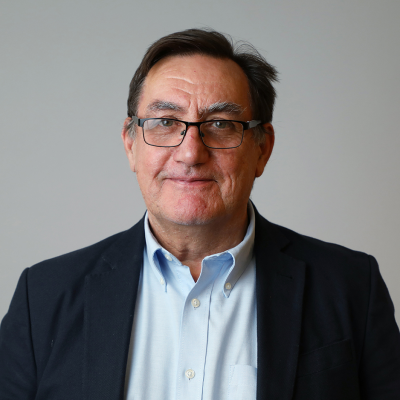I’ve got to admit it’s getting better: improving data analysis for improving care
21 November 2019

Good quality data analysis and the ability to use information effectively are essential elements in any learning health care system. Analysis can help shape care for individual patients as well as informing decisions for services or across organisations and health and care systems. The Advancing Applied Analytics programme is just one part of our wider work to help identify ways to improve analytical capability. See for example our 2016 report Understanding analytical capability in health care or the more recently published page turner, Untapped potential: Investing in health and care data analytics.
While there is often an emphasis on amassing ever bigger datasets or the refinement of fancy new digital tools, in this work we want to stress the importance of investing in the people in the analytical community. We need people with the skills, time and support to make sense of these new data and tools and ensure they work effectively in a local context.
Though interest in data science has grown hugely in recent years it is not easy to see how advances in the field are translating on the ground in terms of the day-to-day analytical work of the NHS. Much as I love academics and admire what they do – I fear we are developing a community of pointy heads (which some might consider to include me) doing ever more sophisticated tinkering to refine the equivalent of Formula One engines – when local analytical teams are just striving to get a reliable bike.
Investing in analysts
On 25 November, we open the fourth round of our Advancing Applied Analytics programme, which aims to improve analytical capability in support of health and care services. Advancing Applied Analytics projects are therefore not about research but designed to help local analytical teams. The funding could give them time and space away from routine work to develop new approaches, or perhaps the chance to bring in external expertise to help the local teams develop new skills.
To date, we have funded 33 Advancing Applied Analytics projects in a range of areas. Some are about training and developing analysts, while others focus on the application of new analytical methods and tools. Further projects are supporting analysts working with clinicians and managers to make more sense of information.
The first 12 projects have recently completed their award and as part of our learning we asked an independent company (Kurtosis) to review whether these projects were achieving what we had hoped. The resulting feedback was reassuring for the programme:
'Whenever interviewees were asked for a quick, one-word answer to the question “Has the programme improved analytical capability?” the answer was a resounding “Yes!”’
We are interested in what sort of changes these projects had made to the way analysts worked and in turn what were the prospects for improving the way care services are delivered. The Kurtosis report pointed to a number of areas where they felt improvements were happening, including:
- using new and cutting-edge analytical tools such as deep learning or systems thinking;
- development of specific analytical techniques;
- learning of new software skills (eg R, systems modelling);
- creation of new development opportunities through, for example, the apprenticeship project;
- new networks and collaborations that enabled analytical services to share skills and knowledge when solving problems and delivering services;
- better understanding of how to collaborate with data users and decision makers such as clinicians to enhance the services provided.
Advancing Applied Analytics projects are helping to provide examples of how to do better analysis and demonstrating the value it can add for local decision makers. In addition, the Health Foundation supports some analytical networks including the Association of Professional Healthcare Analysts (AphA) and the NHS- R community. We are also exploring different approaches to analytical collaboration and most recently have developed the Analytical Capability Index, a tool to help organisations audit their own analytical capability.
Turning the tide
Perhaps most importantly, we have been talking with people in a range of other national and local organisations who share our concerns. The good news is that we are seeing an increasing recognition that we cannot ignore the need to improve analytical support if we are to make the most of new digital technologies. There are no simple solutions, but I do sense the national agenda is changing and that over the next two years, we will see more initiatives which support analysts at the coal face. Some of the work on developing analytical roles is showing real promise. The work of national analytical networks is really gathering force and the data science community recognises the importance of embedding its work in real world problems.
I have been working for over 30 years in and around the analytical community and throughout that time the ability of the NHS to use the vast amounts of data it generates has been limited. This is not a new problem and addressing it will take time but as I approach retirement (again) my sense is that, as the Beatles put it, ‘I’ve got to admit it’s getting better’.
Martin Bardsley is a Senior Fellow in Data Analytics at the Health Foundation.
Further reading
Work with us
We look for talented and passionate individuals as everyone at the Health Foundation has an important role to play.
View current vacanciesThe Q community
Q is an initiative connecting people with improvement expertise across the UK.
Find out more

